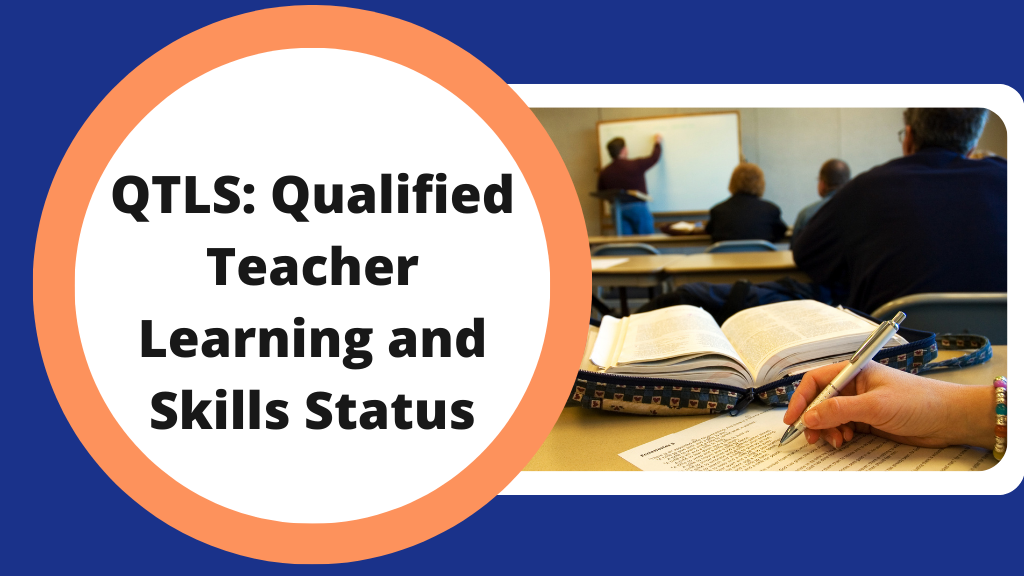February 16, 2015
Assessing explained
If you are teaching or training people you’ve probably already come across the term assessing and already met people who describe their roles as “Assessor”, but it is often unclear exactly what assessment involves and what assessors actually do.
Such confusion is understandable because assessing can cover a wide range of activates, processes and take place in all sorts of locations. Essentially assessing involves finding out whether or not a person can meet the standards required in the qualification they are aiming to achieve. Other terms used for assessing have included examining, testing, overseeing and inspecting. The traditional method of assessing has until recent times been formal, written, examinations – pretty much like the type we all probably remember from school. However modern assessing is much broader ranging than this, in particular because the traditional formal exams tend to only test a candidates theoretical knowledge or reasoning and do not provide an accurate check of a person’s practical abilities. The role of an assessor is to form an accurate decision on the ability of the candidate to meet the required standards, and what is more the assessor also has to make sure that they can justify their decision to a third party.
One of the words you might have heard when assessing is mentioned is “evidence”, this essentially means the proof that a candidate has met a certain standard. Just like evidence given in a court of law, assessment evidence can comprise of many different things, documents, objects, spoken testimonies, video recordings and transcripts. When carrying out an assessment the assessor will look to gather evidence or proof that a candidate has the standard required and there are all sorts of methods that they could use to do this. One of the best ways to start this process is by having direct dialogue with the candidate and seeing what evidence they already have or could easily produce for the assessor. The assessor might then, for example, plan a formal activity such as observing the candidate carrying out a particular task correctly or organising a verbal question and answer interview with the candidate to check their understanding and application of the required knowledge. Following this the assessor will need to document the assessment to provide the link between the evidence produced and the standards that it meets. This could be done on the spot with formal assessment forms or afterwards via a dedicated IT system.
As with teaching and training, the assessor is required to be familiar with their subject, and have a have a detailed knowledge and understanding of the set standards which their candidates are working towards. These standards could come from an awarding organisation, their employer or a national body such as a trade association.
An assessor will also need to be qualified to assess, and there are dedicated qualifications for assessors, see our explanation here.
Carlton Training provide a full range of nationally recognised assessor qualification, which are approved by Ofqual and recognised by Awarding Bodies.
Next ›‹ Previous
Back to Blog








